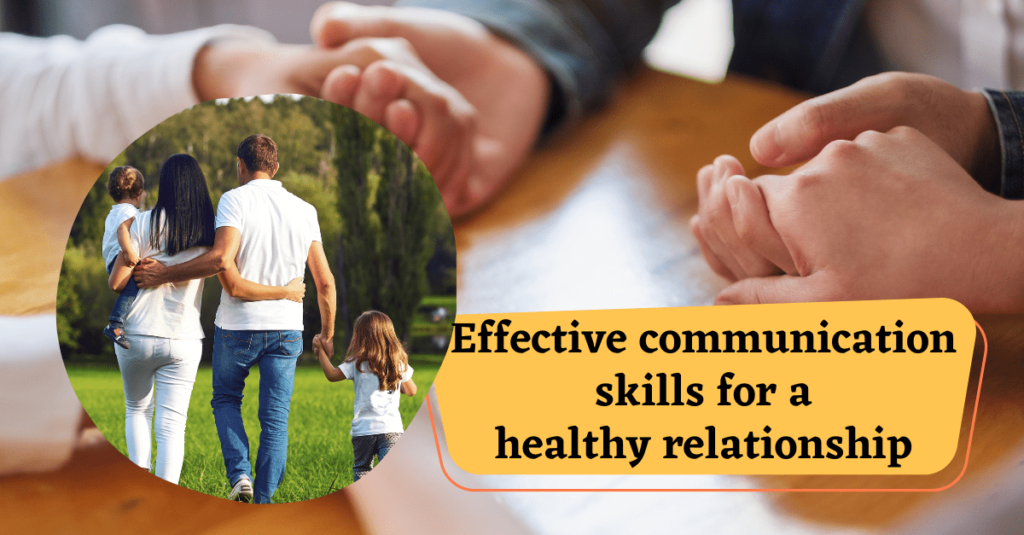Introduction
Effective communication skills are essential for maintaining a healthy relationship. They allow individuals to express their thoughts, feelings, and needs in a clear and respectful manner. Without effective communication, misunderstandings and conflicts can arise, leading to frustration, anger, and even the breakdown of the relationship. In this context, effective communication involves not only speaking clearly and honestly but also actively listening and understanding the other person’s perspective. It involves being able to express emotions in a constructive way and to resolve conflicts in a mutually beneficial manner.
In this era of technology, people are more connected than ever, yet communication seems to be getting more complicated. This is why it’s essential to develop and maintain strong communication skills to establish healthy and fulfilling relationships, whether romantic or otherwise. This guide will explore the key elements of effective communication and provide practical tips for improving communication skills in relationships.
Tips for improving communication skills in relationship
Listen actively
One of the most important aspects of effective communication is active listening. This means paying attention to what your partner is saying and trying to understand their perspective. Avoid interrupting them or formulating a response before they finish speaking. Instead, ask questions to clarify what they mean and show them that you are genuinely interested in what they have to say.
Be clear and concise
When you communicate with your partner, be clear and concise about what you want to say. Avoid using vague or ambiguous language that can be misinterpreted. Use “I” statements instead of “you” statements to express your feelings without blaming or accusing your partner.
Express your emotions
Emotional expression is crucial in any relationship. If you are feeling upset or frustrated, it’s important to express those emotions in a healthy way. Use “I” statements to describe how you feel, and avoid attacking or blaming your partner. This will help them understand your perspective and work with you to resolve the issue.
Avoid negative communication patterns
Negative communication patterns like criticism, defensiveness, contempt, and stonewalling can be extremely damaging to a relationship. Instead, focus on positive communication patterns like empathy, validation, and active listening.
Use humor
Laughter is the best medicine, and it can also be an effective tool for communication. Using humor can help diffuse tense situations and help partners feel more comfortable expressing their emotions.
Don’t forget nonverbal communication
Nonverbal communication like facial expressions, tone of voice, and body language can be just as important as verbal communication. Pay attention to your partner’s nonverbal cues, and try to convey your own emotions through your body language.
Conclusion
Effective communication is a crucial aspect of maintaining a healthy relationship. It involves actively listening to your partner, expressing yourself clearly, and respecting each other’s feelings and opinions. Good communication can help build trust, improve understanding, and prevent misunderstandings and conflicts. To improve communication in your relationship, it’s important to be honest, patient, and open-minded. Remember that effective communication is a skill that can be developed with practice, and it requires ongoing effort and attention. By prioritizing communication and making it a regular part of your relationship, you can strengthen your connection and build a healthier, happier partnership.
